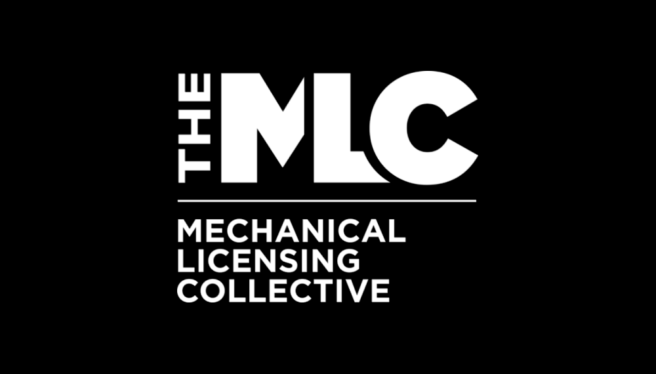The Mechanical Licensing Collective (The MLC) has announced its new Supplemental Matching Network, which consists of five companies that specialize in data matching. This is aimed to help The MLC continue to up its match rate, which is currently at 90%. (According to The MLC, the match rate is defined as the percentage of total royalties processed that were able to match to a registered work in its database.)
The first five companies included in the Supplemental Matching Network are Blokur, Jaxsta, Pex, Salt and SX Works (a SoundExchange company). The list of companies that are part of the network may grow in the future to continue to bolster The MLC’s matching process. The MLC conducted qualitative evaluations of these vendors before choosing to partner with them, including testing the products through pilot programs as well as a “Request for Information.” This is the same process that The MLC has used for other strategic vendors.
While these five vendors will all provide key data to The MLC, the companies do not specifically address the most difficult songs to match: those created by DIY, unsigned songwriters, many of whom are still unaware of The MLC.
“We conducted an extensive due diligence process to select the initial set of vendors for our Supplemental Matching Network,” says Andrew Mitchell, head of analytics & automation at The MLC. “These vendors bring complementary technologies and capabilities that can be effectively leveraged to serve our members. This network reflects our ongoing commitment to evolve in innovative ways to best achieve The MLC’s mission.”
The MLC is a non-profit organization based in Nashville. It was formed as part of the Music Modernization Act (MMA), a landmark law that created a new blanket license for musical work mechanical royalties that greatly simplified the music licensing process for digital services like Spotify, Apple Music and more. It passed in 2018.
Previously, the industry operated on a piecemeal licensing system that was complicated for the services and also the music business, leading to a pool of over $400 million in unallocated streaming royalties because the compositions’ owners couldn’t be found. (This is colloquially known in the business as “black box” money, although The MLC uses the term “historical unmatched royalties.”) The MLC was tasked to implement and administer this new blanket license and distribute the money in this stagnant royalty pool. It officially opened its doors on Jan. 1, 2021.
Learn more about the five new vendors below:
Blokur
A music data and licensing platform that works with music rights owners and online platforms to connect music and companies providing online experiences. It is built on data matching and rights identification technology to ensure accurate payment.
Jaxsta
Jaxsta is a database for music credits, sourced from the official owners of that data. This includes record labels, distributors, publishers and industry associations. It provides recording matching services for PROs, MROs, CMOs and publishers, helping identify recordings to their underlying musical works. They assist in collecting payment for mechanical, performance and synch royalties.
Pex
Pex specializes in content identification and UGC data powering copyright compliance. Pex’s music recognition technology (MRT) is designed to identify works at scale, including modified audio, live versions and cover versions, so rightsholders can capitalize on all of the content they own.
Salt
Salt is a digital royalty collection platform that helps music societies streamline their disjointed music rights and royalty systems into one global network. Salt processes usage, matches ownership and calculates distributions, providing societies with matching and royalty–processing infrastructure
SX Works Global Publisher Services
SX Works Global Publisher Services, a SoundExchange company, provides administration solutions to music publishers, self-published songwriters and organizations who own, represent and/or engage with music to manage their repertoire across the music ecosystem. SX Works’ team and technology provides partners with access to metadata designed to ensure that musical works can be accurately licensed, identified and paid for their usage.




